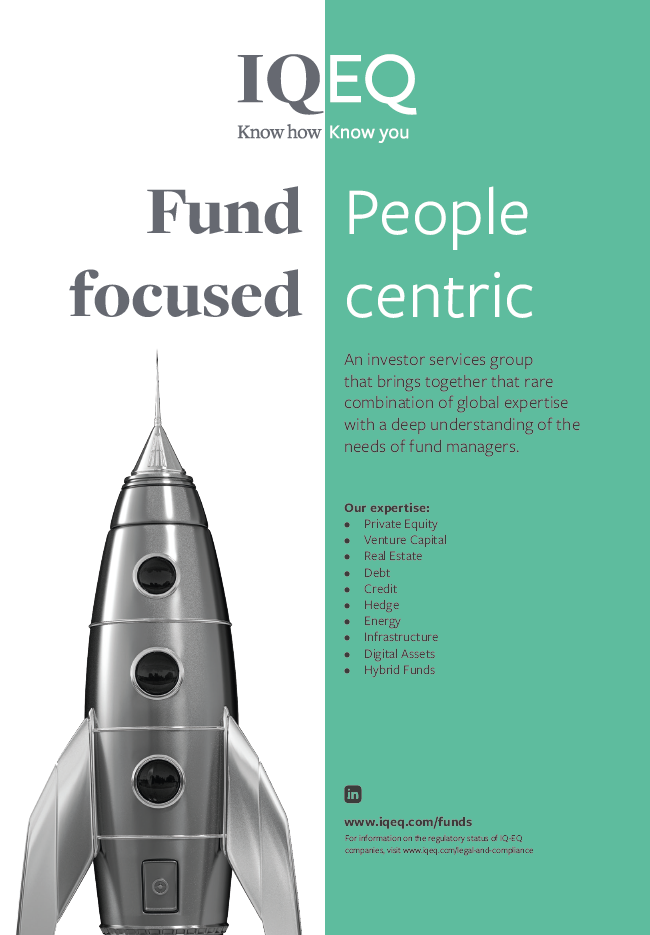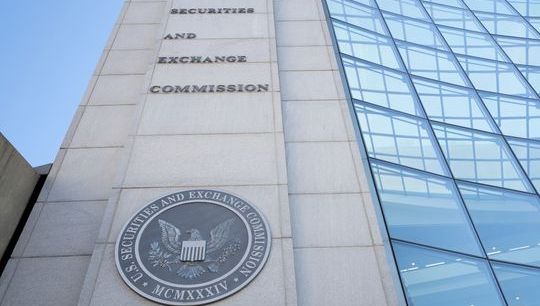Three emerging regulatory risks and what to do about them
By Harry Barnes, IQ-EQ
Published: 18 November 2024
Over the last 18 months, we’ve seen a significant uptick in Financial Conduct Authority (FCA) communications and enforcement, particularly for firms that have previously gone under the radar. The changing economic and regulatory environment has increased the FCA’s concerns in areas that were previously not at the top of the agenda, such as private asset valuations.
Below we summarise the top three areas of regulatory risk we see impacting alternatives managers and advisors as we go into 2025.
Operational resilience and outsourcing
Outsourcing has been an area of concern for the FCA for many years, with continued focus on the degree of oversight that firms are required to maintain over critical outsourced functions. A key element of firms’ compliance with the FCA’s outsourcing expectations is the way they conduct initial and ongoing vendor due diligence.
The introduction of the Digital Operational Resilience Act (DORA) in the European Economic Area (EEA) has brought vendor due diligence back into the spotlight. Financial services entities operating in the EEA are now required to:
- Assess whether outsourced service providers are critical
- Conduct vendor due diligence, both initially and through ongoing monitoring and oversight
- Maintain an appropriate risk management framework governing critical outsourced service providers
- Embed oversight of critical outsourced functions into governance processes of the firm
- Enhance business continuity planning around critical functions to ensure continuity of operations
Whilst DORA is only applicable to entities operating in the EEA at this time, the UK is also preparing to introduce its own equivalent legislation.
The FCA deems outsourcing as an important risk factor for regulated investment firms, with increased scrutiny on firms’ vendor due diligence, governance and risk management arrangements.
This can be particularly applicable in the asset management space, with outsourced advisors, delegated portfolio managers, administrators and depositaries being viewed as critical outsourced functions for fund managers.
To this end, investment firms should be reviewing their vendor due diligence practices against both the FCA’s current expectations and the broad themes of DORA to ensure that they are maintaining appropriate systems and controls around outsourcing and operational resilience.
Marketing
The marketing of designated investments has been an area of focus for the FCA recently, with new rules and updated guidance for firms to follow, including:
- The new anti-greenwashing rule and associated guidance
- Social media guidance
- Financial promotions gateway
- Increased scrutiny on the marketing of crypto assets and so-called social media ‘fin-fluencers’
In May 2024, the anti-greenwashing rule was implemented, explicitly requiring all sustainability related claims to be:
- Correct and capable of being substantiated
- Clear and presented in a way that can be understood
- Complete – they should not omit or hide important information and should consider the full life cycle of the product
- Comparisons to other products or services should be fair and meaningful
This new rule doesn’t change any of the overarching obligations that firms are under when marketing products or services. Instead, it acts to complement the existing marketing rules in COBS 4 with explicit requirements and guidance around ESG, since ESG investing has become much more prominent in recent years.
The introduction of the Consumer Duty updated social media guidance, and the increased scrutiny on the marketing of crypto assets to retail investors, which includes the actions of social media ‘fin-fluencers’, demonstrates that the FCA is taking a tough line on marketing to retail customers.
We’re able to understand that marketing to retail customers is a priority for the FCA in the uptick in their interventions, with 2023 seeing 10,008 financial promotions amended or withdrawn (up 16.6% from 2022), and 5,484 through Q2 2024.
With the recent changes to the rules and guidance and the increased FCA interventions, firms should take this opportunity to review their systems and controls when it comes to the production and approval of financial promotions.
Valuation practices
The FCA has raised their concerns in the ‘Dear CEO letter’ sent to alternatives managers issued in March 2024 as to how private assets were being valued. The FCA also confirmed in the same letter that it would be conducting a review into private market valuations. The FCA are not the only body concerned about valuation practices in private markets, with the International Organisation of Securities Commissions (IOSCO) having published a report in September 2023 entitled “Thematic Analysis: Emerging Risks in Private Finance”.
The concerns around private asset valuation practices have arisen from worries of poor outcomes for investors, particularly any direct or underlying retail investors, as well as wanting to ensure that there is confidence in the valuation practices of fund managers. Many listed funds and investment trusts investing in private assets are facing steep and widening discounts to net asset value (NAV), suggesting that investors may not possess the same confidence in private asset NAVs and valuations as they do with listed assets.
Currently (under FUND 3.9.7), a manager is allowed to perform valuations internally so long as the process is functionally independent from the portfolio management function and that the remuneration practices of the manager don’t create a conflict of interest for the valuation function. For example, a fund manager shouldn’t be encouraging the valuation function to inflate valuations through remuneration incentives.
This does create an inherent issue for fund managers as the bonus pools from which the bonuses of the valuations function are drawn are heavily impacted by the valuation of assets (through both management and performance fees), meaning that the potential conflict identified in FUND 3.9.7 isn’t easy to mitigate either effectively or entirely.
As such, one potential outcome of the review is that there will be increased scrutiny in respect of this specific conflict on managers which choose to conduct internal valuations.
The valuation of private assets is also quite infrequent, with quarterly valuation periods being the most common. The effect of this is that when public markets are undergoing periods of significant volatility, it can take time for these movements to be reflected in the NAV of a fund. For listed entities and other open-ended structures this may present an opportunity some investors may seek to exploit at the expense of others.
Conclusion
Within a progressively regulated environment, an important aspect firms should note is that we’ve increasingly seen the FCA link regulatory issues and deficiencies they identify directly to the obligations of senior managers under the senior managers conduct rules. To this end, governance is an important area that firms should be considering. Governance ensures there is adequate oversight of internal or external functions and that governing bodies have been trained with sufficient knowledge to scrutinise the regulatory items they approve.










